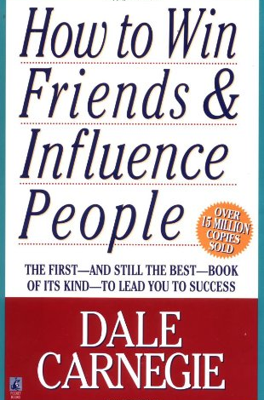You Can’t Win an Argument
Key Concepts
Ineffectiveness of Arguments: Engaging in arguments usually results in each party becoming more firmly entrenched in their beliefs, regardless of the argument's outcome. Winning an argument often leads to the other person feeling inferior, hurt, and resentful, which can damage relationships and communication.
Personal Experience Illustration: Dale Carnegie recounts an incident where he corrected someone about a Shakespeare quotation during a public gathering. Despite being right, the experience taught him the social drawbacks of arguing, as it embarrassed both the corrected individual and himself.
Practical Advice
Avoiding Arguments: Instead of entering into an argument, it's more beneficial to control one's temper, listen first, and seek points of agreement. Admitting errors, showing appreciation for the other party's input, and proposing to think over their suggestions can defuse potential conflicts and foster goodwill.
Benefits of Conceding: Sometimes, conceding in an argument, especially over trivial matters, can prevent breakdowns in communication and potential hostility. It can be more valuable to maintain a relationship than to win a debate.
Strategic Delay: In heated situations, postponing action or decision-making to allow all parties time to reflect can prevent rash decisions and foster better outcomes in discussions.
Examples from the Chapter
Patrick J. O'Haire's Transformation: Once a confrontational salesman, O'Haire learned to agree with criticisms about his product, which disarmed potential arguments and allowed him to subtly highlight his own product's strengths.
Income Tax Consultant Story: Frederick S. Parsons managed to reverse an unfavourable decision by a tax inspector not through argument, but by changing the subject, offering appreciation, and allowing the inspector to talk about his experiences and challenges.
Principle to Follow
- Principle 1: The only way to get the best of an argument is to avoid it. Embrace strategies that prevent arguments and focus on constructive dialogue, which enhances relationships and facilitates positive outcomes.
